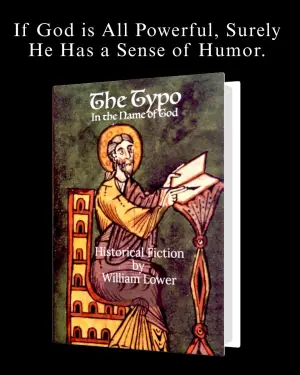Book Review: Too Big for a Single Mind: How the Greatest Generation… by Huerter
When I first stumbled upon Too Big for a Single Mind by Huerter, I felt an immediate connection—it’s rare to dive into a historical narrative that promises such an exploration of the minds that shaped quantum mechanics. Given my current read, Uncertainty by David Lindley, I was intrigued to see how these two narratives would intersect. It’s like holding up a mirror to the past while peering through the lens of a modern interpretation—a thought that kept me turning the pages in curiosity.
As I wade deeper into Huerter’s work, I begin to appreciate the richness of the characters he paints for us—the scientists who stood at the forefront of quantum theory during a tumultuous time. The author weaves a tapestry of personalities, from Niels Bohr to Werner Heisenberg, whose struggles and triumphs resonate deeply with the broader theme of collaboration in scientific discovery. Huerter captures the essence of teamwork and the interplay of ideas, which is crucial when tackling concepts as monumental as quantum mechanics.
However, I couldn’t help but notice some passages that felt eerily reminiscent of Lindley’s work. For example, both authors depict Bohr’s limitations in mathematics yet emphasize his ability to grasp complex ideas intuitively. While it’s not uncommon for similar sources and ideas to surface in literature on physics, the way these narratives overlapped was jarring for me. In particular, the echo of phrases between the two books raises questions about originality and whether a fresh approach can be achieved when examining such well-trodden ground.
Despite these stylistic similarities, Huerter brings his narrative to life through vivid anecdotes and historical context. The pacing is uneven at times—some sections felt brisk and engaging, drawing me in, while others lagged as they meandered through details that, although interesting, could have been more tightly woven into the overall narrative. Nevertheless, the stories and personalities he shares carry enough weight to keep the reader engaged, even if it occasionally feels like we’re losing threads along the way.
One aspect that particularly resonated with me was how Huerter details the emotional landscapes of the scientists. The struggles they faced, the moments of doubt, and the serendipitous discoveries made the narrative relatable. It reminded me that science is not just a series of equations—it’s deeply human; it’s about collaboration, failure, and triumph.
In conclusion, Too Big for a Single Mind is a thought-provoking read that melds history and science in a way that many will find engaging. If you’re someone who enjoys delving into the past to understand present-day scientific thought, or if you’re simply curious about the minds that shaped quantum mechanics, this book might just spark your interest. Despite a few stylistic misgivings, Huerter has crafted a narrative that offers a glimpse into an era of intellectual discovery and the people who dared to venture beyond the familiar. My journey into this book has not only enhanced my understanding of quantum theory but also deepened my appreciation for the collaborative spirit that defines scientific progress.
Discover more about Too Big for a Single Mind: How the Greatest Generation … on GoodReads >>






